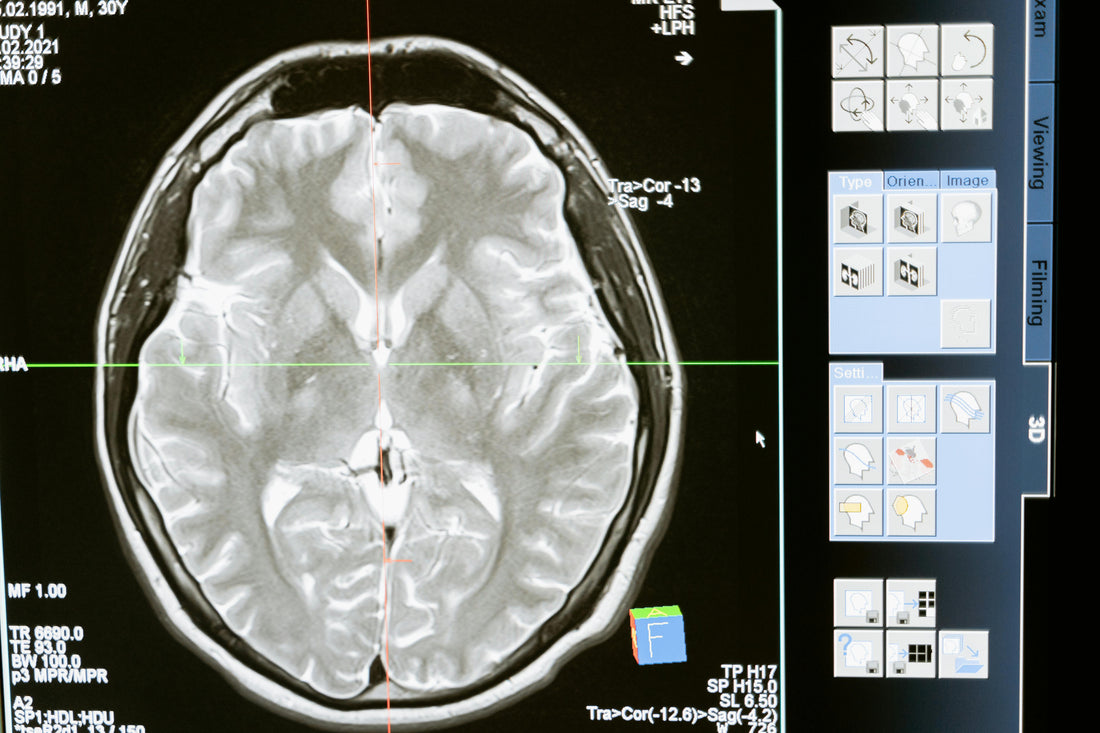
How Too Much Sitting May Affect Your Brain Health
Share
The Hidden Risks of Sedentary Habits
We all know that sitting too much isn't great for our bodies—but did you know it might also change the structure of your brain? Recent research has found that spending long hours sitting each day may shrink important parts of the brain responsible for thinking, planning, and moving.
The concern is especially relevant for young adults, many of whom spend hours sitting during work, study, or leisure. While our bodies need rest, our brains also need stimulation—and being too sedentary can slow things down.
What Happens in the Brain When We Sit Too Much?
The researchers used accelerometers (wearable movement trackers) and brain scans (MRIs) to see what happens inside the brain when people are sedentary. They studied 181 healthy young adults between the ages of 18 and 28.
Here’s what they found:
- People who sat for long periods had less gray matter in a part of the brain called the superior frontal gyrus.
- This part of the brain helps with decision-making, attention, and motor skills.
- The more time people spent sitting each day, the more this brain area shrank.
This is concerning because a healthy brain structure is crucial for memory, focus, and clear thinking.
But There’s Good News: Exercise Can Help
Not all sedentary people had smaller brain structures. In fact, those who were also physically active—doing about 1.3 hours of moderate to vigorous exercise per day—did not show the same brain shrinkage.
So even if you spend a lot of time sitting (like at a desk job or in school), being active can protect your brain.
Moderate to vigorous physical activity (MVPA) includes things like:
- Brisk walking
- Cycling
- Running
- Dancing
- Playing sports
It’s not about becoming a marathon runner—it’s about moving your body regularly and with some intensity.
What Can You Do to Protect Your Brain?
Here are some easy steps to reduce the risks of too much sitting:
- Take movement breaks: Stand up and stretch every 30–60 minutes.
- Use a standing desk: If possible, alternate between sitting and standing while working.
- Walk or cycle instead of driving short distances.
- Be active daily: Aim for at least 30–60 minutes of moderate to vigorous exercise.
- Stay mentally engaged: Even reading or doing puzzles is better for the brain than passive screen time.
Why This Matters for Young Adults
We often associate brain health with older age, but it’s just as important for young people. The habits you build now affect your brain for years to come. Reducing sedentary time and increasing exercise can help keep your brain sharper, healthier, and more resilient.
Final Thoughts
Too much sitting isn’t just a physical health issue—it could also change how your brain works. But you don’t need to overhaul your life. Just adding more movement to your day, especially moderate to vigorous activities, can protect your brain and support long-term cognitive health.
Next time you catch yourself sitting for hours, take a quick walk—it might just be a boost for your brain.
